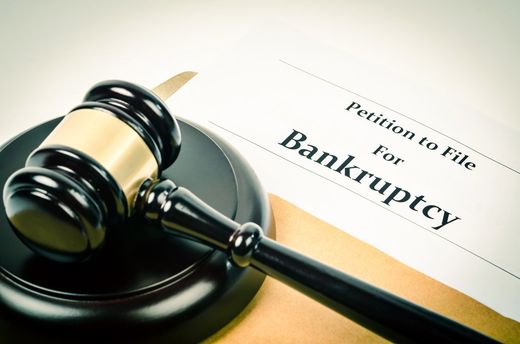Chapter 7 & 13 Bankruptcy Attorney in Crescent City, California
What is a Chapter 7 Bankruptcy?
A Chapter 7 Bankruptcy is a proceeding under federal law that provides the debtor a process to seek financial relief from creditors. In such a case, the debtor must turn his or her nonexempt property, if any exists, over to a trustee, who then converts the property to cash and pays the debtor’s creditors. Most chapter 7 cases are “no asset” cases which means that all of the property owned by the debtor is exempt under the exemptions available to the debtor. The debtor receives a discharge shortly after the case is filed.
Filing for a Chapter 7 Bankruptcy often allows individuals to eliminate their debt without sacrificing any of their assets. The debts that can be eliminated often include repossessions, personal loans, medical bills, and credit card bills. Wage garnishments can end, judgment liens can be removed, and bank levies can be recovered! By retaining the Law Office of Gino deSolenni, to file a Chapter 7 Bankruptcy, you are putting yourself in a position to stop creditors from sending any further correspondence. This means no more harassing phone calls, no more worries about having your wages garnished, and no other negative consequences of overwhelming debt.
What is a Chapter 13 Bankruptcy?
In Chapter 13 bankruptcy, you keep your property, but pay back all or a portion of your debts over a three to five-year period. This is unlike chapter 7 bankruptcy where most of your debts are cancelled but you may have to surrender some property to the bankruptcy trustee to pay your creditors, because you end up paying most of your debts over time in chapter 13 bankruptcy, it is also called reorganization. In a Chapter 13, you are no longer responsible for paying off the sort of ridiculous penalties and interest charges that you would otherwise have to pay during the same time span if you were not in a chapter 13 payment plan.





